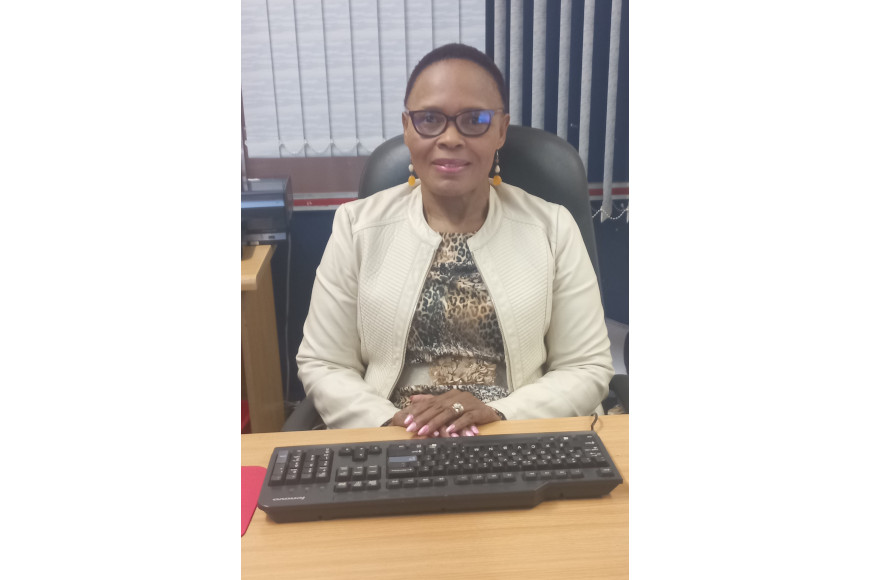The Department of Biomedical and Clinical Technology is launching its first Professional Oath ceremony for all Durban University of Technology (DUT) alumni of the Bachelor of Health Sciences degree. This hybrid event will be hosted at the Ritson Hall on the Ritson campus and online, via Microsoft Teams, on Saturday, 29 July 2023.
The aim of the Professional Oath ceremony is to ensure and to instill the ethical values that will contribute to the highest commitment of care, aligned with the Health Professions Council of South Africa (HPCSA) guidelines, for independent practice.
The Department of Biomedical and Clinical Technology at DUT offers two programmes; namely, the Bachelor of Health Sciences in Clinical Technology and Bachelor of Health Sciences: Medical Laboratory Science. Both of these programmes are four-year, professional degrees. These programmes entail clinical practice training that occurs in collaboration with DUT committed and dedicated clinical training instructors and supervisors from both private and governmental health institutions. Upon completion of the qualification the graduates register with the HPCSA for their independent practice as Clinical Technologists and Medical Laboratory Scientists.
The vision for the department is to be “Globally recognised for Medical Laboratory Science and Clinical Technology Education.” The mission is “Developing Professionals for Diagnosis and Disease Management” through excellence in Teaching and Learning; Research; Engagement and Entrepreneurship. Its motto is “Patient Lives Matter”.
According to the Head of Department, Dr Joyce Nonhlanhla Mbatha, Medical Laboratory Science is a profession of highly knowledgeable and skilled individuals who perform diagnostic tests on patient samples in a clinical laboratory and are skilled to conduct research. She explained that the service offered by Medical Laboratory scientists is an important component of patient health care, as the results obtained from these laboratory tests are a vital tool in the diagnosis, treatment, and prevention of disease.
She further added that the Clinical Technology qualification develops a learner to possess the necessary knowledge, skills, attitudes, and values to practice as a Clinical Technologist, as a part of a multi-disciplinary team, in one of the following specialist categories: Cardiology, Cardiovascular Perfusion, Critical Care, Nephrology, Neurology, Pulmonology or Reproductive Biology.
Dr Mbatha commented that the qualifying learner will be able to independently perform diagnostic, therapeutic, and corrective procedures on patients using specialised health technology and techniques for the treatment of patho-physiological conditions in a hospital-based or in a private practice setting.
“I am very excited to host the event with all my staff for our graduates for the BHSC degree who will be declaring their solemn vows and signing this professional oath at DUT for their commitment to their professions to patient health care. This will be witnessed by our DUT staff and collaborators from industry who have played a pivotal role in both qualifications including academic learning and clinical practice,” added Dr Mbatha.
Pictured: Dr Joyce Nonhlanhla Mbatha.
Simangele Zuma

